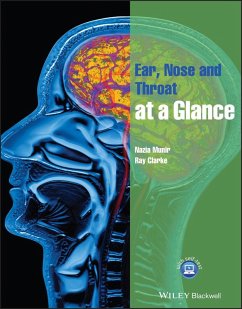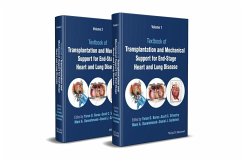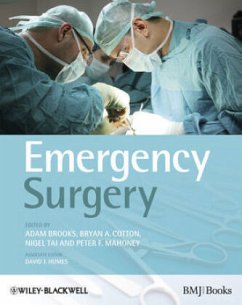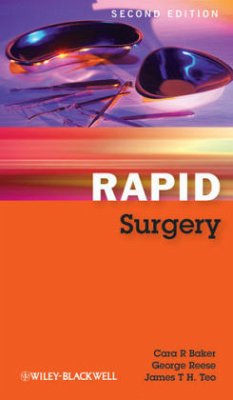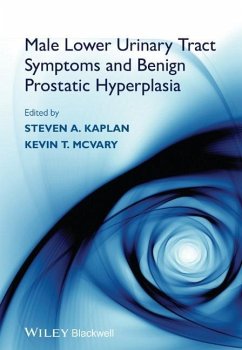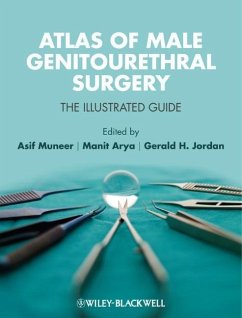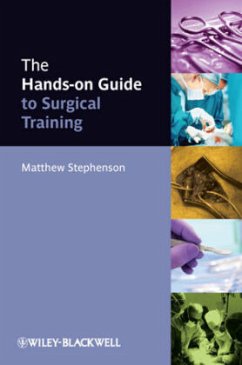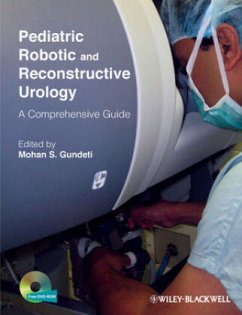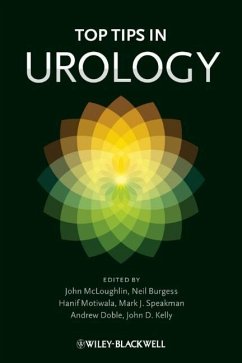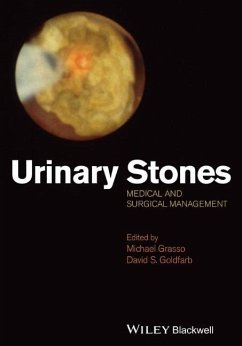
Transplantation at a Glance

PAYBACK Punkte
22 °P sammeln!
Organ transplantation is now an established treatment for patients with organ failure. Transplantation is taught on all medical student curricula and is part of specialty training in medicine and surgery. In addition nursing staff spend time on transplant wards during their training and pharmacists both in hospital and outside deal with transplant patients and immunosuppressants regularly. Transplantation at a Glance provides a succinct overview of both the scientific and clinical principles of organ transplantation which will appeal to this wide-ranging market.
The first basic overview of all aspects of transplantation with a clarity not to be found in more inaccessible textbooks.
This brand new title provides a succinct overview of both the scientific and clinical principles of organ transplantation and the types of organ transplant, featuring highly-illustrated information covering core topics in transplantation including:
Organ donors
Organ preservation
Assessment of transplant recipients
Indications for transplantation
Immunology of transplantation
Immunosuppression and its complications
Overviews of thoracic and abdominal organ transplantation, including the kidneys, liver, heart and lungs
Transplantation at a Glance is the ideal introduction for medical students, junior doctors, surgical trainees, immunology students, pharmacists, and nurses on transplant wards.
This brand new title provides a succinct overview of both the scientific and clinical principles of organ transplantation and the types of organ transplant, featuring highly-illustrated information covering core topics in transplantation including:
Organ donors
Organ preservation
Assessment of transplant recipients
Indications for transplantation
Immunology of transplantation
Immunosuppression and its complications
Overviews of thoracic and abdominal organ transplantation, including the kidneys, liver, heart and lungs
Transplantation at a Glance is the ideal introduction for medical students, junior doctors, surgical trainees, immunology students, pharmacists, and nurses on transplant wards.




